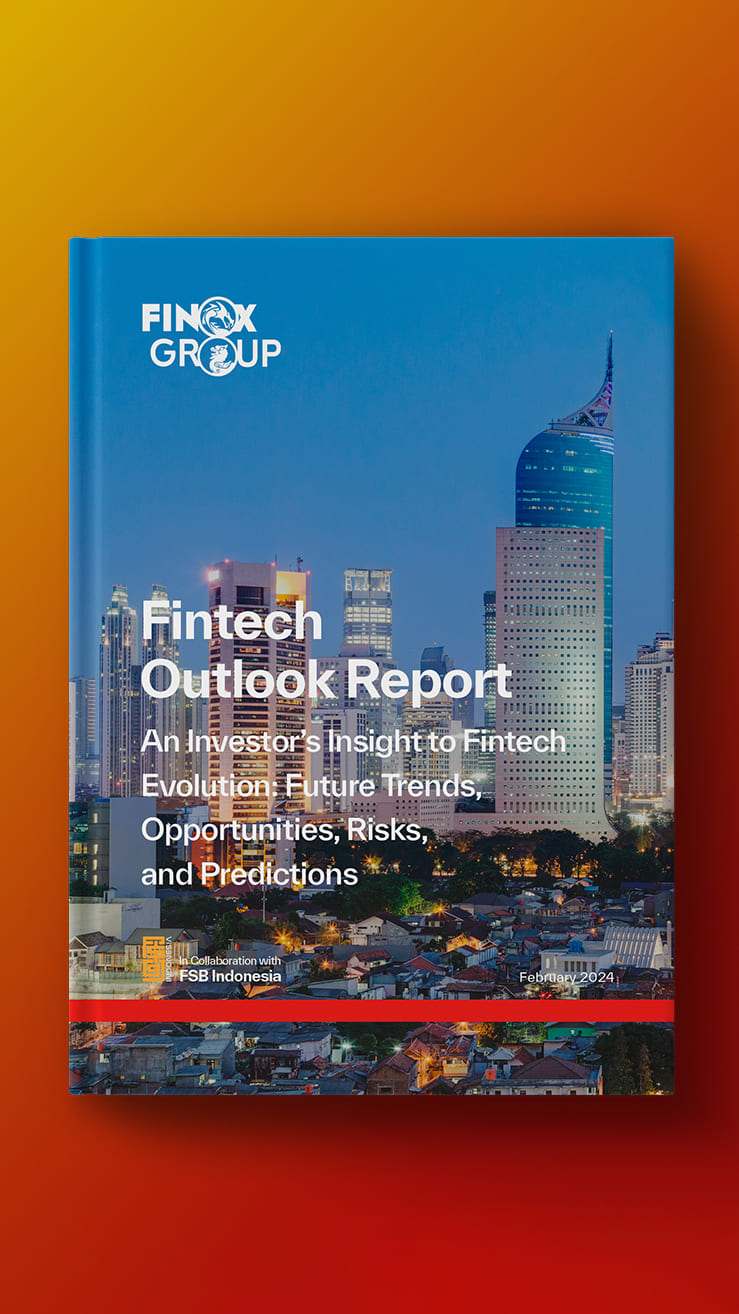
Fintech startups in Indonesia have been on the increase for a while now in the last decades. These various companies have changed the payment sector in the country from what it used to be. Before, the majority of people used cash for payments. However, now it’s different as many have started using digital services for payment. People in rural areas are also feeling the effects of the startups. With Fintech lending in Indonesia on the rise, people in rural areas can easily collect loans to go about their businesses.
Statistics show that as of January 2022, rural banks recorded an all high figure of 168 trillion IDR in total assets. On the other hand, BI estimated the value of assets for banks in urban areas to be 10 quadrillion IDR. If one compares the population difference between citizens in urban areas and rural areas, the gap is not that much. This means that many in the rural areas remain unbanked.
This writing narrates how Fintech startup is helping the unbanked citizens in rural areas.
How Fintech Startup Is Helping The Rural Unbanked In Indonesia
If one compares the financial equality between rural areas and urban areas in the country, it is quite evident that Fintech has done a lot within a short period. Compared to what it used to be, the financial inclusion rate in rural regions has also Increased. In 2011 16% of the population in rural areas had a bank account, while in 2017, the number increased to 47%. Currently, with the way the trend is going, there should be about 65% – 70% of citizens in rural areas with bank accounts.
People are getting more involved with the Fintech sector because of its ability to overcome the many difficulties that come with traditional banking. These difficulties include in-person transactions, uneasy access to financial products, lesser banking alternatives, etc. Furthermore, Fintech has helped to solve the problem of vast geographical areas. Now people in rural areas don’t have to go the extra mile to perform transactions.
Regardless of all, these rural regions of Indonesia are still lagging. This has made several Fintech startups look for different ways to help further boost the financial inclusion rate. One of the ways these startups are helping is by providing loans to borrowers in rural places. Compared to the metropolis, rural areas don’t really have a large number of lending institutions. This makes it hard for people within the area to start a business or even do well in planting seasons.
However, ever since Fintech lending in Indonesia became popular, things have been changing every day. People in rural areas now look to different Fintech companies for P2P lending to solve their various problems. The Fintech companies are also using different ways to pass on financial services to MSMEs in the region. While at it, they are also making sure that the P2P lending model can access funds from different funding sites. This ensures that money is accessible and everyone can get financial advice. The Fintech startups, seeing that the loans are limited, are getting financial aid from several registered investors. This has made the micro-segment expand more than what was expected.
In all these, the main targets of the majority of Fintech Startups are single working mothers. This is because they are the most vulnerable when it comes to accessing funds. Before companies startup in a certain area, they always research considering the place’s poverty line, the number of financial bodies present, etc. While this helps to prevent competition, it also ensures that aid reaches every vulnerable rural area in the country.
Since the unbanked citizens do not have any financial records to check for loan eligibility, the Fintech companies are developing a personal credit scoring system. The aim is to analyze risks based on psychometric tests and demographic profiling. With this info, they can know if the borrower is someone that can pay after collecting the loan. This analysis can also make them get an estimated borrower’s credit score. If a borrower is eligible for a loan, the company pairs them with one of the lenders or investors available.
Regardless of the progress, Fintech startups still have challenges. They find it hard to cover larger areas because these areas are mostly hard to reach. This has made them opt to create tech-based products that help ensure efficiency. As of a few years back, the net monthly income of workers in the rural areas was around 1.27 million IDR, while 2021 recorded 1.35 million IDR. For a few families in rural areas, their income has also increased by a large margin after collecting loans. This shows that what the Fintech startups are doing is working.
With all that said, Fintech startups are transforming rural areas in Indonesia from what they used to be. The high poverty rate has reduced, and the high-spirited nature of entrepreneurs is alive more than ever.
CONCLUSION
The impacts of Fintech startup in rural areas of Indonesia has been significant. Many families and SMEs now live quite well with decent incomes that put them far away from the poverty line. This is, of course, thanks to Fintech lending in Indonesia. Now people in financial crisis can easily borrow loans to set up their businesses. Fintech startups can completely wipe away poverty in rural Indonesia if all things go well.













